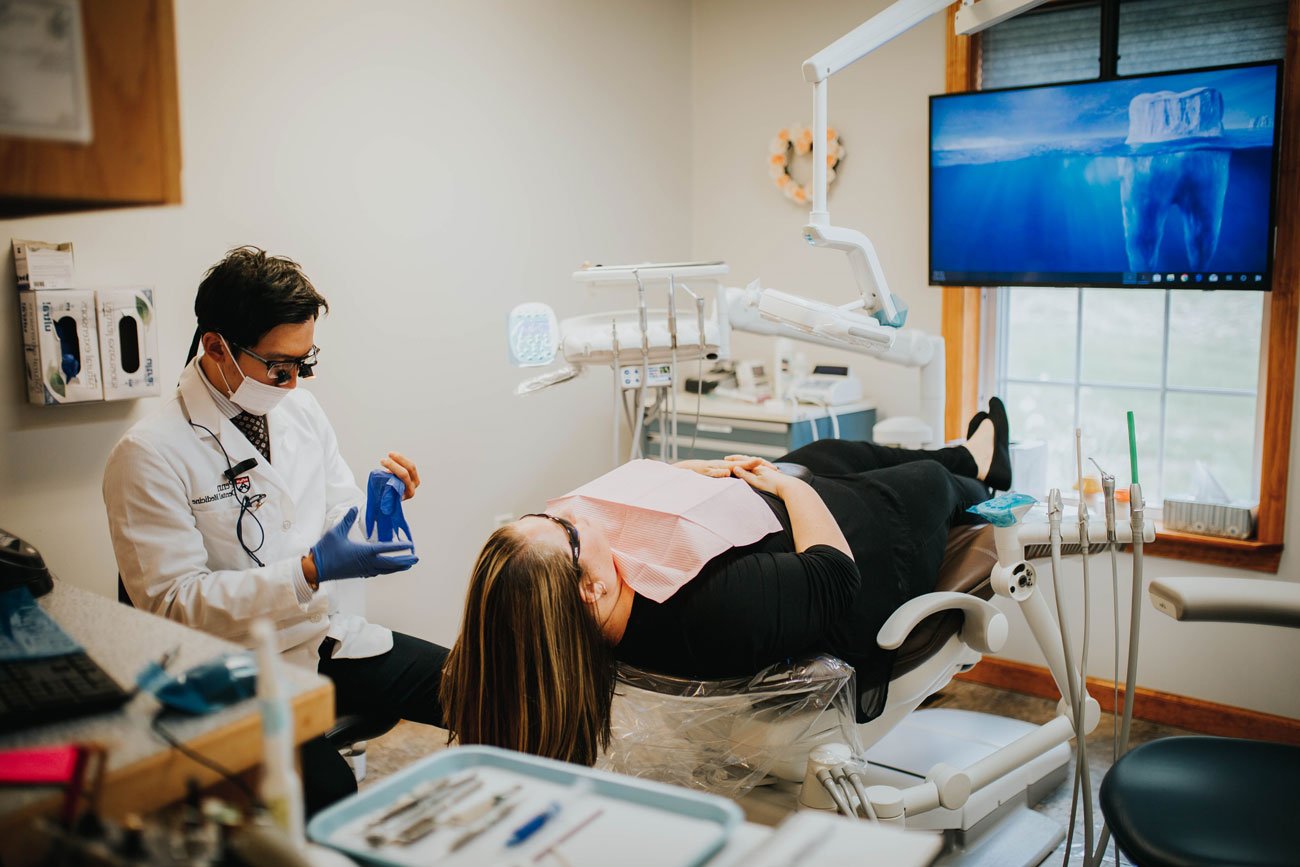We really love everyone at Joy dentistry! Everyone in the office is always extremely nice and kind. I love that our children enjoy going to the dentist and are not scared.It was important to me to find a dentist office where not only myself, but also our children could have a positive dental experience.
Victoria L.
[review_star]/5

